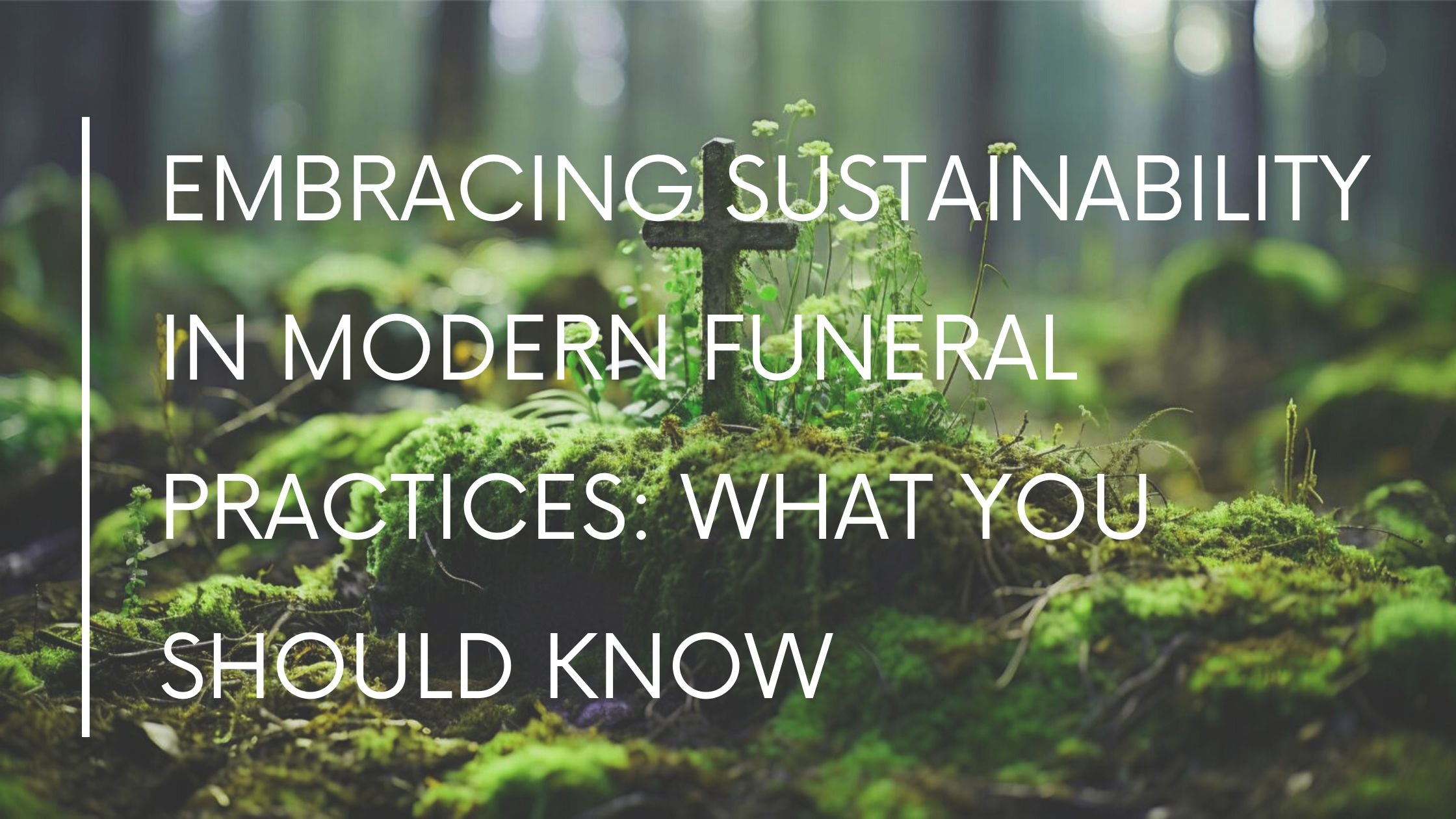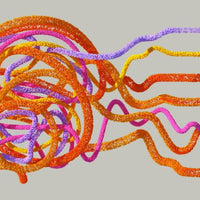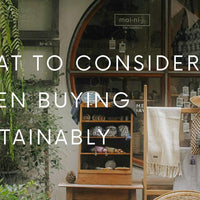In today's world, where environmental concerns have taken centre stage, the concept of sustainability has transcended various aspects of life. Surprisingly, even the solemn realm of funeral practices is undergoing a transformative shift towards embracing sustainability.
This evolution towards what is often referred to as a green funeral signifies a profound recognition of the importance of reducing the ecological footprint, even in the final moments.
As society becomes increasingly conscious of its impact on the planet, it is imperative to explore and adopt sustainable alternatives within the funeral industry, making choices that resonate with an eco-conscious ethos and pave the way for a greener, more environmentally responsible future.
Biodegradable Caskets
At the heart of the green funeral movement lies the choice of biodegradable caskets. These caskets are carefully crafted from materials that possess the remarkable ability to decompose naturally over time.
Unlike traditional caskets made of metal or hardwoods that may take centuries to break down, biodegradable caskets are typically constructed from sustainable resources like bamboo, willow, or even recycled cardboard. The use of these caskets ensures that the final resting place does not become a long-term environmental burden but rather a part of the ever-turning cycle of nature.
Natural Burial Grounds
In recent years, natural burial grounds have emerged as an environmentally conscious alternative to traditional cemeteries. These serene, eco-friendly spaces cater to those who seek a harmonious blend between honouring the deceased and nurturing the environment.
Unlike conventional cemeteries, natural burial grounds abstain from the use of concrete vaults or non-biodegradable caskets. Instead, they advocate for a more direct approach, where individuals are laid to rest directly on the ground, allowing their remains to decompose naturally. This practice not only conserves valuable space but also encourages the flourishing of native plants and wildlife.
Cremation Alternatives
Cremation, a popular choice for disposition, has faced criticism for its energy-intensive nature and greenhouse gas emissions associated with the process. Sustainable cremation alternatives have emerged to cater to environmentally conscious individuals.
One such alternative is aquamation, or alkaline hydrolysis, a process that employs water, heat, and alkali to accelerate the natural decomposition of the body. Aquamation uses significantly less energy than traditional cremation and produces fewer emissions, thereby reducing its overall environmental impact.

Eco-Friendly Embalming
Conventional embalming fluids often contain harsh chemicals, such as formaldehyde, which can have detrimental effects on the environment when they seep into the soil during burial.
However, in response to growing environmental concerns, eco-friendly embalming solutions have become available. These alternatives consist of biodegradable and non-toxic ingredients, minimizing the environmental impact of the embalming process.
Memorial Tree Planting
A poignant symbol of life's continuity, memorial tree planting has gained prominence as a green funeral practice. Instead of traditional headstones, families now have the option to plant trees in memory of their loved ones. This act serves as a meaningful and lasting tribute while actively contributing to reforestation efforts and benefiting the environment.
Each tree planted stands as a living testament to the individual's life, providing shade, shelter, and sustenance to wildlife, effectively embodying the notion that life endures and thrives even in the face of loss.
Memorial tree planting represents an elegant fusion of remembrance and ecological stewardship, offering families an opportunity to leave a positive impact on the environment while honouring their dearly departed.
Digital Memorialization
In the increasingly digital age, technology has taken centre stage in memorialization. Online memorial websites, virtual tribute spaces, or social media platforms dedicated to commemorating the departed have become prevalent.
These digital avenues reduce the need for traditional, physical materials like paper, obviating the production of wasteful printed memorabilia. By embracing these technological alternatives, individuals can ensure that cherished memories are preserved while minimizing the environmental footprint associated with the memorialization process.
Sustainable Funeral Homes
Some forward-thinking funeral homes have gone to great lengths to integrate sustainability into their operations. These establishments are implementing a variety of eco-conscious practices, from designing energy-efficient facilities to incorporating recycled and sustainable materials into their services.
These efforts not only reduce the carbon footprint of the funeral industry but also reflect a commitment to responsible environmental stewardship.
By providing green alternatives to families and setting an example within their communities, these sustainable funeral homes are driving positive change within the industry and helping to build a more sustainable future overall.
The Bottom Line
In embracing sustainability within modern funeral practices, responsible and compassionate choices are made. By reducing the environmental footprint through various eco-conscious alternatives, such as biodegradable caskets, natural burial grounds, and green memorial options, loved ones are honoured while preserving the Earth for future generations. This shift towards sustainable funerals highlights a commitment to a greener, more environmentally responsible future.








0 comments